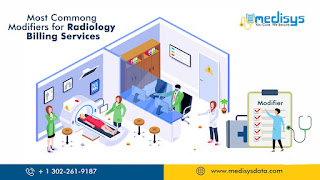Denial Management Services For Optometrists

Claim denials can be super-frustrating. Let’s face it! Employees at the medical settings frequently attempt to fulfill many roles at once. The individual in charge of billing for optometry frequently handles multiple tasks throughout the day. That implies that they are unable to invest the necessary time and effort to achieve a healthy revenue management cycle. Apart from this, the in-house team does not have enough knowledge, expertise, practice, time, resources, and advanced technology, to take care of the denial management services for the optometrists. This is exactly wherein the professional Optometry billing companies step into the picture to toss away complex and stressful tasks. When it comes to denial management for optometrists, these physicians face scores of challenges, some of them are as follows: Bad or missing documentation Failure to have a proper financial policy Strategies not in place Failure to update the code sets Carrier errors Wrong CPT codes Untimely files ...


